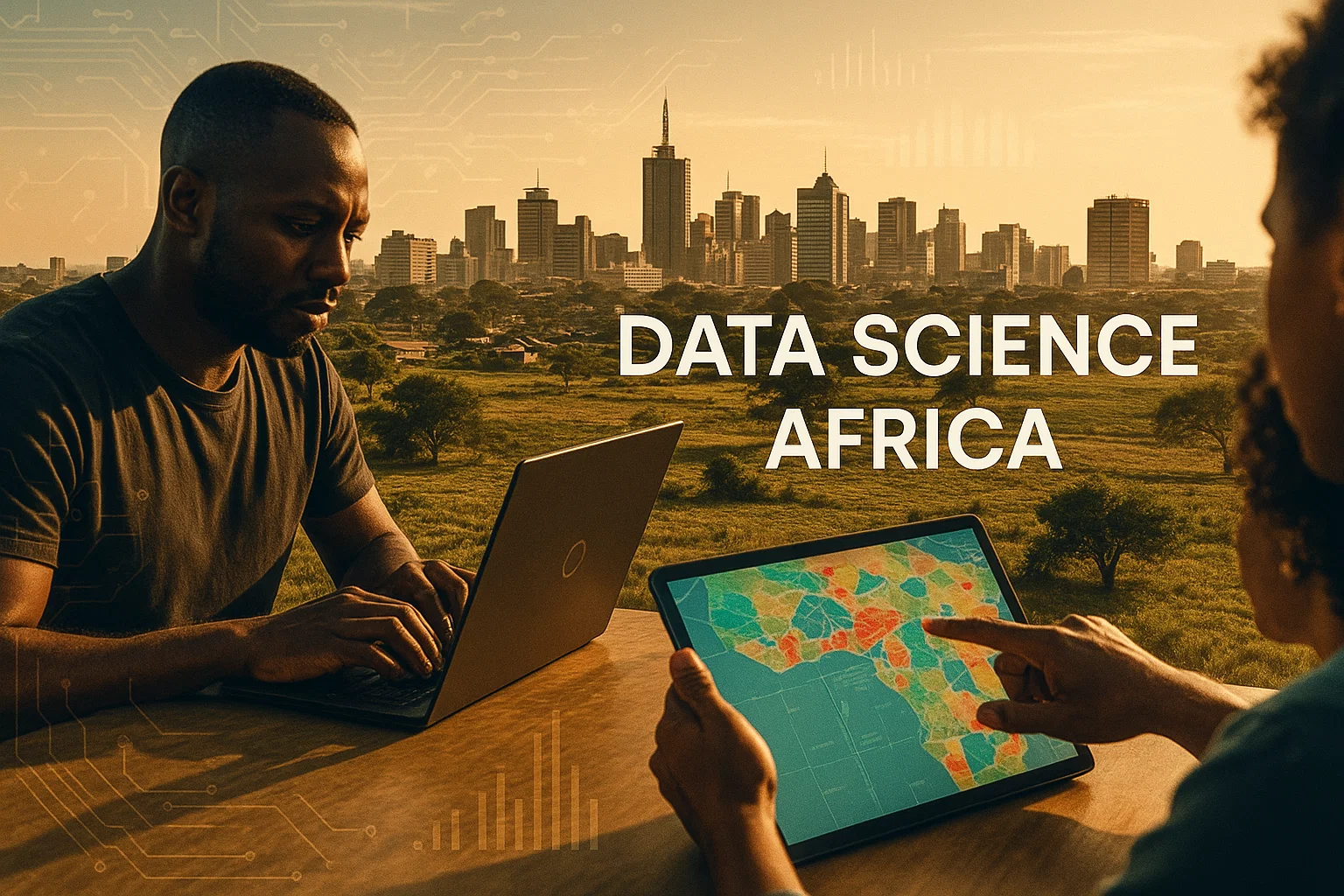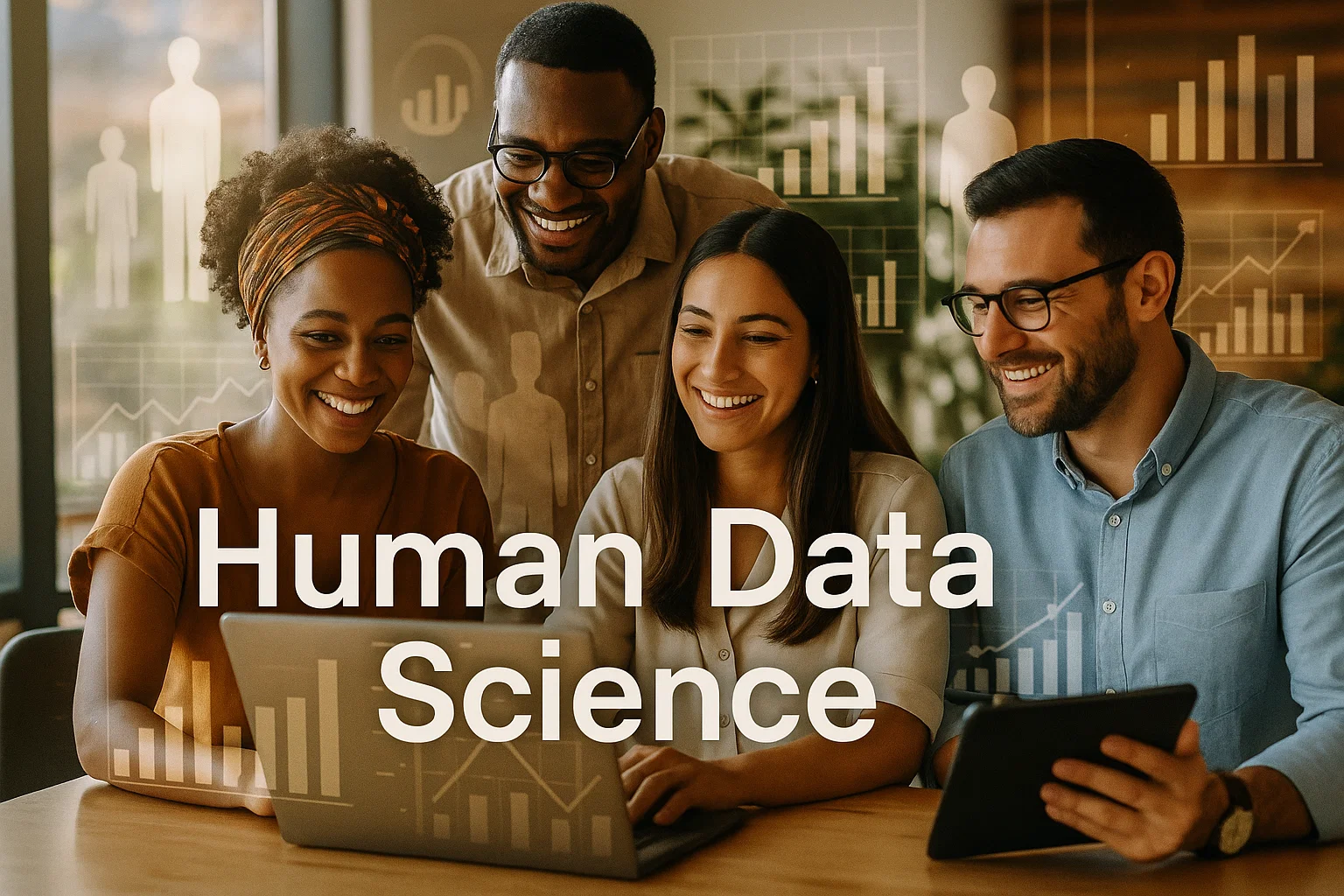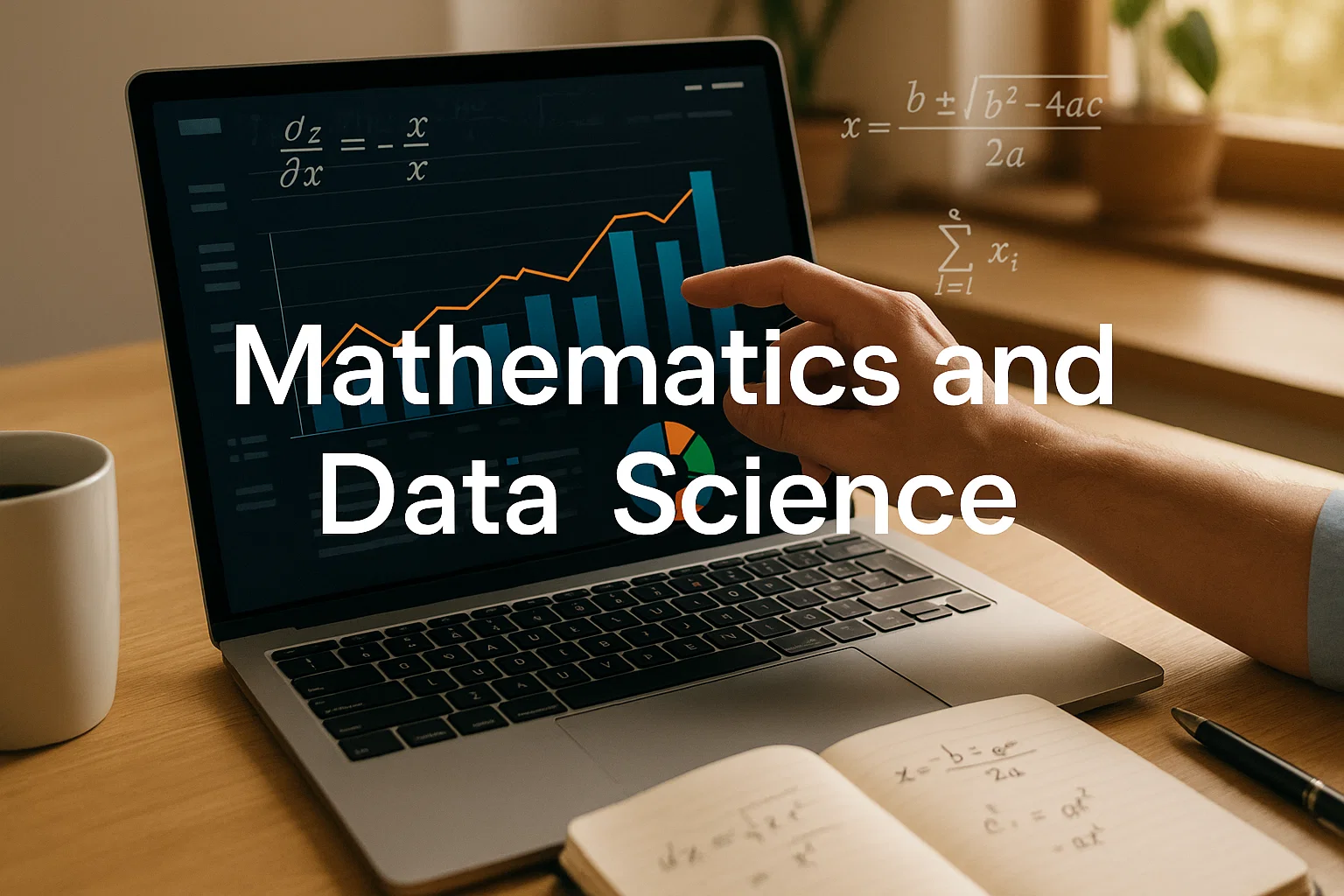Data science africa helps you build local analytics capacity, apply AI to solve real problems, and deliver usable tools for health, agriculture, and finance, follow clear steps here to prototype, validate, and scale, and start with small experiments that prove value.
Introduction
data science africa is about using data methods, analytics, and machine learning to solve local problems across the continent, and this guide is informational with practical steps you can use right away. I’ll explain why the field matters, how to choose projects, and where to find tools and partners. Related areas like machine learning and open data will appear early so you see practical ties. In my experience, small repeatable experiments build trust faster than big promises, and they make it easier to secure funding and scale responsibly. This article is written for practitioners, managers, and developers who want clear, actionable steps to deliver measurable impact with data in local markets.
What data science africa means, and why it matters
At its core, data science africa blends technical skills with place-based knowledge. When I say data science africa I mean projects that use local data, local partners, and appropriate models to solve problems like disease tracking, crop forecasting, and financial inclusion.
Background and context
Mobile connectivity, satellite data availability, and open data initiatives have reduced barriers to experimentation. Still, local data quality and governance vary widely, so you must ground technical work in context. Data science africa is not just models, it is pipelines, partnerships, and policy.
Core components
- Data collection and cleaning, because raw sources are messy.
- Modeling and evaluation, tuned for local populations.
- Deployment and sustainment, decisions about hosting, monitoring, and ownership.
Why this matters to you
If you work in a startup, NGO, or government unit, adopting data science africa approaches can shorten development cycles, provide evidence for funding, and unlock services tailored to users in your region. For companies, these projects open new markets and improve product fit. Local ownership and proven outcomes make adoption and scaling practical.
How to apply data science africa, step-by-step
This workflow moves you from idea to working prototype while managing risk.
- Define a narrow, measurable problem
- Pick one outcome like reducing clinic no-shows, predicting crop stress, or flagging high-risk loan applicants.
- Inventory data and permissions
- List sources, licenses, and privacy constraints. For data science africa, confirm permissions early to avoid legal delays.
- Prepare a minimal dataset
- Clean key fields, version the snapshot, and synthesize data if access is restricted.
- Prototype quickly
- Build a simple dashboard or model that addresses the core question. Prefer interpretable outputs.
- Validate with stakeholders
- Show results to local users, collect feedback, and iterate. Local validation improves adoption.
- Plan production and monitoring
- Decide hosting, retraining cadence, and monitoring to detect drift or harm.
Real-world walkthrough
A small NGO aiming to target nutrition aid could combine survey data, market prices, and satellite rainfall. A lightweight model ranks at-risk areas. Field teams validate the hotspots, improving labels and feeding them back to the model for better future predictions.
Code example: light feature pipeline (Python)
# python
# Minimal feature extraction from a CSV, with basic error handling
import pandas as pd
try:
df = pd.read_csv("survey.csv") # replace with your file
except Exception as e:
print("Load failed", e)
df = pd.DataFrame()
if not df.empty:
df['age_cat'] = pd.cut(df['age'], bins=[0,5,18,65,120], labels=False)
features = df[['age_cat', 'distance_to_clinic', 'market_price']].fillna(0)
print("Feature shape", features.shape)
This snippet demonstrates a reproducible step for creating features before model training.
Code example: ingest open data (Node.js)
// node
// Fetch an open data endpoint and log a simple count
const fetch = require("node-fetch");
async function fetchOpenData(url) {
try {
const res = await fetch(url, { timeout: 10000 });
if (!res.ok) throw new Error(res.statusText);
const data = await res.json();
console.log("Records:", data.length || Object.keys(data).length);
return data;
} catch (err) {
console.error("Fetch failed", err.message);
return null;
}
}
Use this pattern to prototype ingestion from public APIs and test schemas.
Best practices, recommended tools, and quick tips
Follow pragmatic workflows and choose tools that keep experiments reproducible, shareable, and transparent.
Operational best practices
- Use containers or locked dependencies for reproducibility.
- Version datasets and models so results are auditable.
- Prefer interpretable models where decisions affect people.
- Document assumptions, datasets, and consent flows.
Recommended tools, pros and cons
Jupyter / Colab
Pros: fast exploration and inline visuals.
Cons: session limits and not production-ready.
Install/start tip: pin packages in the first cell to keep notebooks reproducible.
Docker
Pros: consistent development environments across teams.
Cons: requires learning container basics.
Install/start tip: create a minimal Dockerfile to run your pipeline locally.
MLflow or DVC
Pros: experiment tracking and data version control improve reproducibility.
Cons: extra setup overhead.
Install/start tip: start with a hosted or single-node backend and expand as needed.
Tool selection notes
Early experiments benefit from lightweight tools and managed services. For production, adopt containers, tracking, and CI/CD. Always measure operational cost as part of your decision.
Challenges, legal and ethical considerations, troubleshooting
Adoption comes with hurdles; anticipate them and plan mitigations.
Technical challenges
- Data gaps and inconsistent formats.
- Limited compute budgets and connectivity constraints.
- Integration complexity with legacy systems.
Legal and ethical checklist
- Confirm data ownership and informed consent.
- Minimize collection, anonymize where possible.
- Use encryption in transit and at rest.
- Maintain audit logs and explainable outputs.
- Prepare incident response and rollback plans.
Compliance checklist (actionable)
- Map data flows and tag sensitive fields.
- Apply role-based access control and secure key storage.
- Define retention, deletion, and opt-out processes.
- Document consent and store it with the dataset.
Troubleshooting tips
Reproduce issues on small samples, use feature flags to limit exposure, and monitor both technical metrics and user outcomes. If compliance is difficult, consider synthetic data, academic partnerships, or managed compliant services.
Scaling, funding, and capacity building
Securing budgets and scaling models are common next steps. For data science africa projects, use small grants, NGO partnerships, pilot revenue, or government collaboration. Build a one-page impact summary showing pilot results, cost per outcome, and scaling needs to ease fundraising.
Operational scaling tips include automating only after validating human workflows, using autoscaling limits to control cloud spend, and scheduling retraining when data patterns shift. Invest in local training and mentorship, hire locally to reduce cultural mismatch, and start knowledge sharing to strengthen the community.
Quotes and sources
Map data flows and document consent to reduce risk and ensure proper use. (Google)
Transparent, verified claims and clear documentation improve trust and discoverability. (Moz)
External resources
- Google guidelines
- Moz resources
- SEMrush resources
- Official docs for common APIs
Key takeaways:
Start with small experiments that prove value., Measure user impact, not just technical metrics., Document data flows and consent.
Conclusion and call to action
data science africa is a practical, high-impact field when you pair technical skills with local partnerships, clear experiments, and responsible practices. Start with a narrow problem, use reproducible tools, and plan for monitoring and ethics from day one. Key takeaways: start small, measure outcomes, document data decisions, and partner locally.
Welcome to Alamcer, a tech-focused platform created to share practical knowledge, free resources, and bot templates. Our goal is to make technology simple, accessible, and useful for everyone. We provide free knowledge articles and guides, ready-to-use bot templates for automation and productivity, and custom development services for bots and websites on request. Contact Alamcer to jumpstart your next data project.
FAQs
data science africa
Data science africa refers to applying data analytics, machine learning, and domain knowledge to solve local problems across African contexts, focusing on sustainable impact and local ownership.
How do I start a data project with limited data?
Begin with a narrow question, use synthetic or public data for prototypes, and partner with local organizations for labeled outcomes. Validate quickly and iterate.
What skills matter most for data roles?
Data engineering basics, exploratory analysis, stakeholder communication, and domain knowledge matter most, more than deep model expertise for many applied projects.
Which datasets are useful for African projects?
Open government portals, satellite imagery, mobile operator aggregates, NGO surveys, and market price feeds are common starting points, always check licensing.
How do I ensure models are fair?
Test models across subgroups, include local experts in evaluation, and prefer interpretable models for decisions affecting people.
Can small teams run data projects affordably?
Yes, use managed APIs, low-cost cloud instances, and simple pipelines. Scale spend only when you see measurable impact.
How do I measure project success?
Tie KPIs to user outcomes, for example reduced clinic wait times, improved yield estimates, or higher loan repayment rates.
When should I consult legal or compliance experts?
Consult professionals when handling personal data, cross-border transfers, or regulated sectors like health or finance.
Compliance & disclaimer
This guide is educational and not legal advice. Follow platform Terms of Service and applicable privacy laws such as GDPR or CCPA when handling personal data. For specific compliance, regulatory, or legal guidance, consult a qualified professional.



